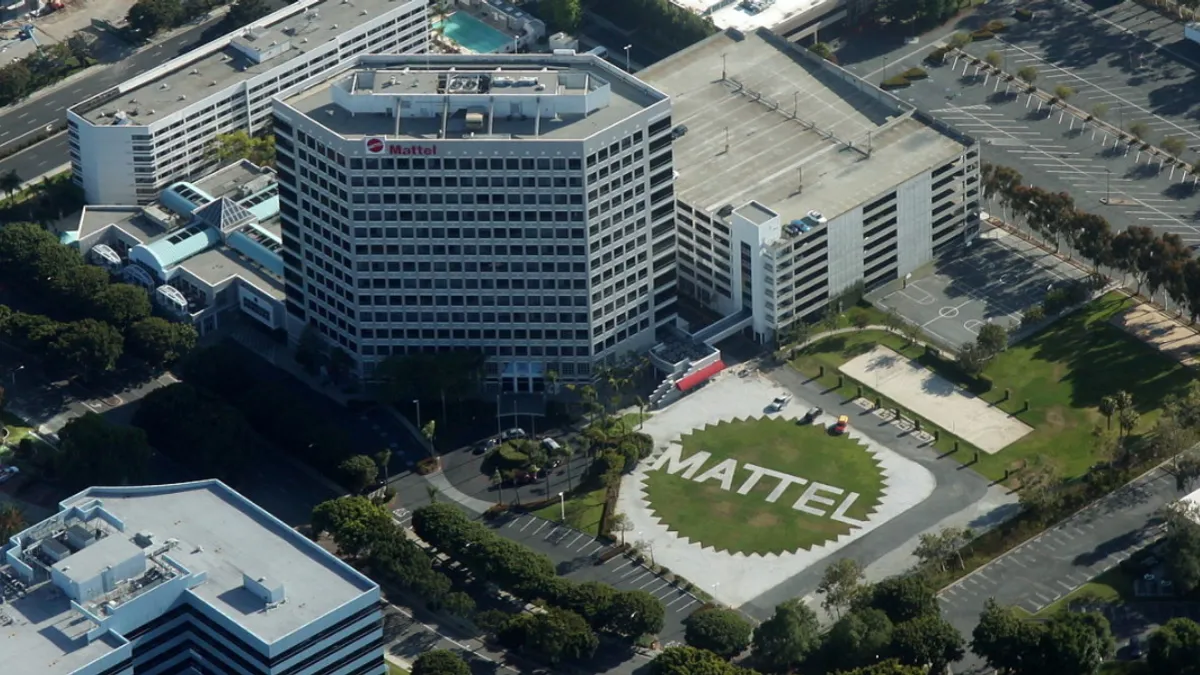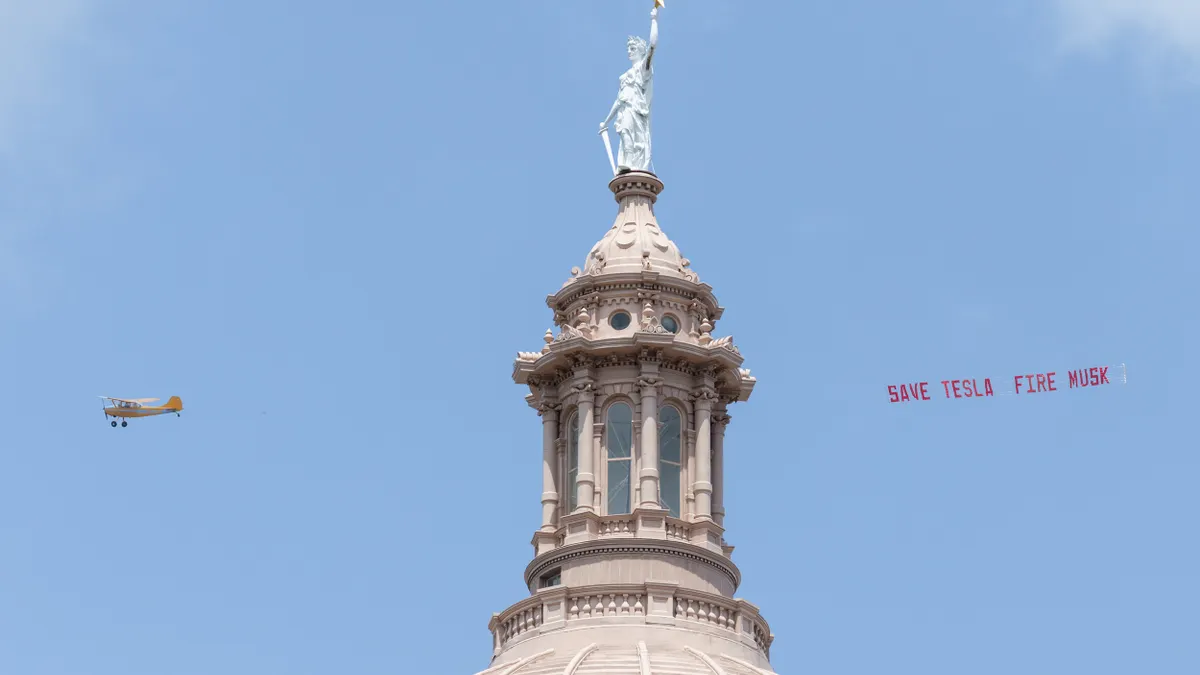Mattel, the maker of Barbie, Hot Wheels and other toys, announced last week it would be undertaking remedial actions after an internal investigation found material accounting errors in its financial reporting.
Those actions include amending the company's 2018 Form 10-K to restate the last two quarters of 2017, and strengthening its internal control over financial reporting.
"We will ensure these issues are resolved thoroughly and quickly so that we can continue to execute on our strategy with the highest level of internal control and diligence," Chairman and CEO Ynon Kreiz said in a statement.
Understated expense
In its amended Form 10-K, Mattel will show it had understated its income tax expense by $109 million in the third quarter of 2017 and overstated it by $109 million in the fourth quarter.
The company said the error was noncash; didn't affect operating income or earnings before interest, tax, depreciation and amortization; and had no impact on Mattel's full-year financial results for 2017 or subsequent periods.
A whistleblower letter to its auditor, PricewaterhouseCoopers, informed the company of the error.
In addition to drawing attention to the accounting error, the letter questioned whether Mattel's outside auditor was independent. As a result of its internal review, the company said, it concluded that its auditor of 45 years remains capable of overseeing the company's financials independently.
"The objectivity and impartiality of Mattel's outside auditor has not been impaired, and ... Mattel's outside auditor can continue as its independent auditor," the company said, adding that its review concluded the errors were based on misjudgment, not fraud.
"A confluence of one-time events, management's reliance on the accounting advice sought and received on the error from the lead audit engagement partner of Mattel's outside auditor, and lapses in judgment by management contributed to these failures," the company said.
At the time, the error was not reported to the CEO or the audit committee of the board of directors, the company said.
Tax allowance
The $109 million misstatement in the third quarter of 2017 was due to miscalculations of tax valuation allowance. It then overstated its fourth-quarter results by the same amount.
The upcoming change to its 10-K will show that Mattel's previously reported net loss of $603.3 million in its tax valuation allowance for the third quarter of 2017 should have been $712.3 million, and its previously reported loss of $281.3 million for the fourth quarter should have been reported as a net loss of $172.3 million.
The tax valuation allowance is a set-aside for a potential loss in value against its deferred tax assets. The $109 million reduction came from deferred tax liabilities related to the company's 2011 acquisition of HIT Entertainment, Ltd., which included "Thomas & Friends," an animated kids' TV show, The Wall Street Journal reported.
Last year, before the auditor received the whistleblower letter, company finance executives disagreed on the appropriate way to respond. Brett Whitaker, Mattel's director of tax reporting at the time, said the finance team discussed fixing the problem and restating earnings, expecting Mattel would admit to shortcomings in its accounting and reporting procedures, the Journal reported.
Instead, senior finance executives and Mattel's auditor decided to change the accounting treatment of the Thomas asset, effectively burying the problem, according to the Journal.
"It was known within Mattel that if we took this approach, at worst, we might get a slap on the wrist from the Securities and Exchange Commission," Whitaker told the Journal. "But if the company disclosed a material weakness, a senior executive said to me it would be 'the kiss of death.'"
Whitaker resigned from Mattel in March of last year, and Joshua Abrahams, the PwC partner who led the Mattel audit team, has been put on administrative leave and is expected to resign, the Journal said.
Joe Euteneuer, Mattel's CFO, is departing, the company said.






















